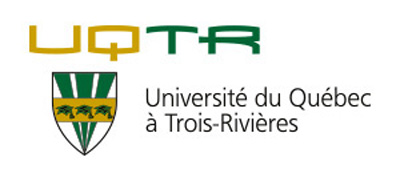Related projects
Discover more projects across a range of sectors and discipline — from AI to cleantech to social innovation.
Mitacs brings innovation to more people in more places across Canada and around the world.
Learn MoreWe work closely with businesses, researchers, and governments to create new pathways to innovation.
Learn MoreNo matter the size of your budget or scope of your research, Mitacs can help you turn ideas into impact.
Learn MoreThe Mitacs Entrepreneur Awards and the Mitacs Awards celebrate inspiring entrepreneurs and innovators who are galvanizing cutting-edge research across Canada.
Learn MoreDiscover the people, the ideas, the projects, and the partnerships that are making news, and creating meaningful impact across the Canadian innovation ecosystem.
Learn MoreMachine learning (ML) applications have shown remarkable performance in vanous intelligent tasks but high computational intensity and large memory requirements have hindered its widespread ubhzation in embedded and Internet of things devices due to resource constraints.
Many optimization techniques have been proposed previously for domain specific architectures. These optimizations will affect an embedded device differently. and each of them have their own trade-offs and Impact speed, accuracy and energy efficiency differently. Understanding these trade-offs will help a programmer to select from the arsenal of optimizations based on their target application. For example, a latency sensitive real-t1me apphcabon may tolerate inaccuracies, and another apphcat1on may need high accuracy. We want to explore optimization techmques needed to execute machine learning inference algorithms for embedded dev1ces and suggest the1r trade-offs on speed, energy, and accuracy.
Arrvindh Shriraman
Naveen Vedula
Form Athletica Inc
Computer science
Information and communications technologies
Accelerate
Discover more projects across a range of sectors and discipline — from AI to cleantech to social innovation.
Find the perfect opportunity to put your academic skills and knowledge into practice!
Find ProjectsThe strong support from governments across Canada, international partners, universities, colleges, companies, and community organizations has enabled Mitacs to focus on the core idea that talent and partnerships power innovation — and innovation creates a better future.













































































































































































































































































































